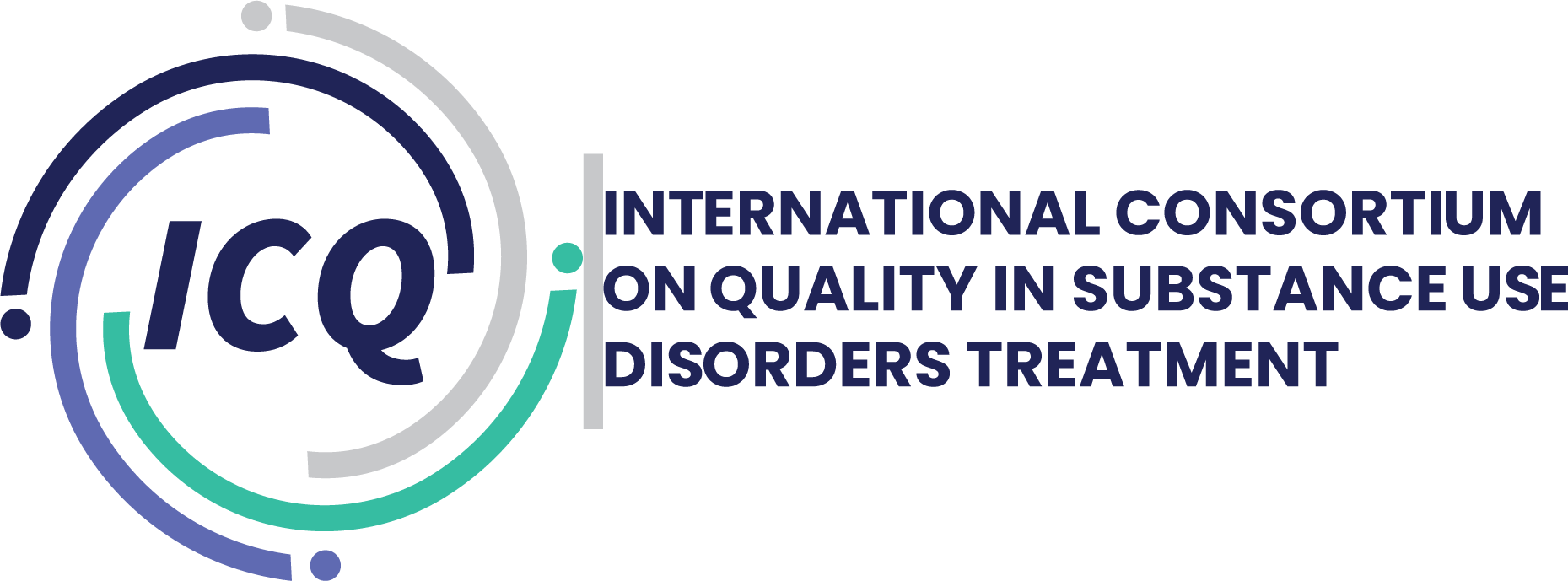Community-based treatment, care, and supervision for people with substance use problems who are involved with the justice system.
Reduce Drug Related Crime
2023 Companion infographic report: Results from the 2021, 2022, and 2023 National Surveys on Drug Use and Health
Conducted annually, the National Survey on Drug Use and Health (NSDUH) provides nationally representative data on the use of tobacco, alcohol, and drugs; substance use disorders; mental health issues; and receipt of substance use and mental...
Evaluating the effectiveness of mindfulness-based interventions in incarcerated populations: A meta-analysis.
Abstract A growing body of research supports the use of mindfulness-based interventions (MBIs) in incarcerated populations; however, treatment effectiveness remains unclear. This meta-analysis of 22 studies ( N = 2,265, 75% male) quantified...
Effectiveness of mindfulness-based relapse prevention in individuals with substance use disorders:
Abstract Objectives: This systematic review aimed to understand the current state of the art about the effectiveness of mindfulness-based relapse prevention (MBRP) on individuals with substance use disorders (SUD), taking into account not...
Mindfulness treatment for substance misuse: A systematic review and meta-analysis.
Highlights •First meta-analysis of mindfulness treatment for substance misuse. •Mindfulness treatment is a positive intervention for substance use disorders. •Mindfulness treatment had a significant small effect on reducing substance misuse...
Mindfulness-based relapse prevention for substance use disorders: A systematic review and meta-analysis.
Abstract Objectives: Substance use disorder (SUD) is a prevalent health issue with serious personal and societal consequences. This review aims to estimate the effects and safety of Mindfulness-based Relapse Prevention (MBRP) for SUDs...
Time to think: A cognitive model of delinquency prevention and offender rehabilitation.
SUMMARY In this groundbreaking book, "A Time to Think," author dives deep into a comprehensive cognitive model for delinquency prevention and offender rehabilitation. Drawing on years of research and practical experience, the author...
The impulsive lifestyle counseling program for antisocial behaviour in outpatient substance abuse treatment.
Abstract Patients with antisocial personality disorder in outpatient treatment for substance use disorders are at high risk of drop-out. Using a randomized design, this study tested the impact of adding a brief psycho-educational program...
Seeking Safety A Treatment Manual for PTSD and Substance Abuse
SUMMARY This manual presents the most widely adopted evidence-based treatment for co-occurring trauma and addiction. For clients facing one or both of these issues, the most urgent clinical need is to establish safety—to reduce addictive...
Psychological interventions for antisocial personality disorder.
Abstract Background: Antisocial personality disorder (AsPD) is associated with poor mental health, criminality, substance use and relationship difficulties. This review updates Gibbon 2010 (previous version of the review). Objectives: To...
Psycho-education for substance use and antisocial personality disorder: a randomized trial.
Abstract Background Antisocial personality disorder often co-exists with drug and alcohol use disorders. Methods This trial examined the effectiveness of offering psycho-education for antisocial personality disorder in community substance...
